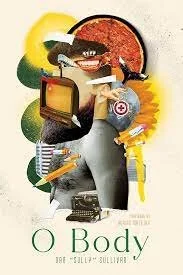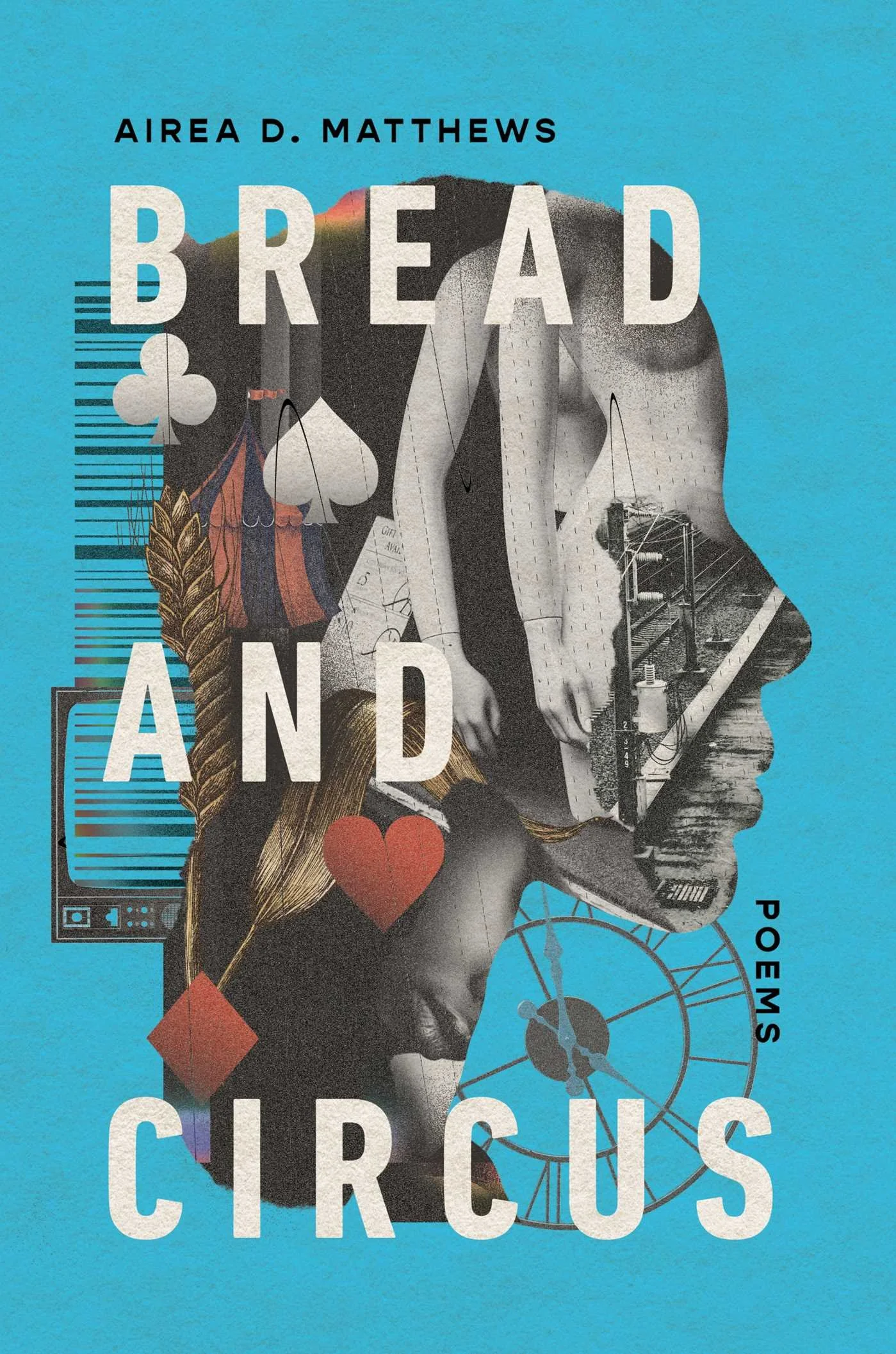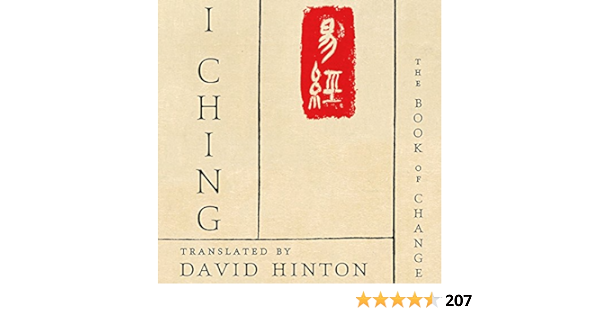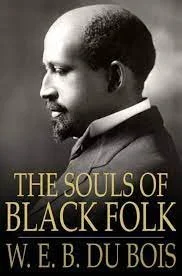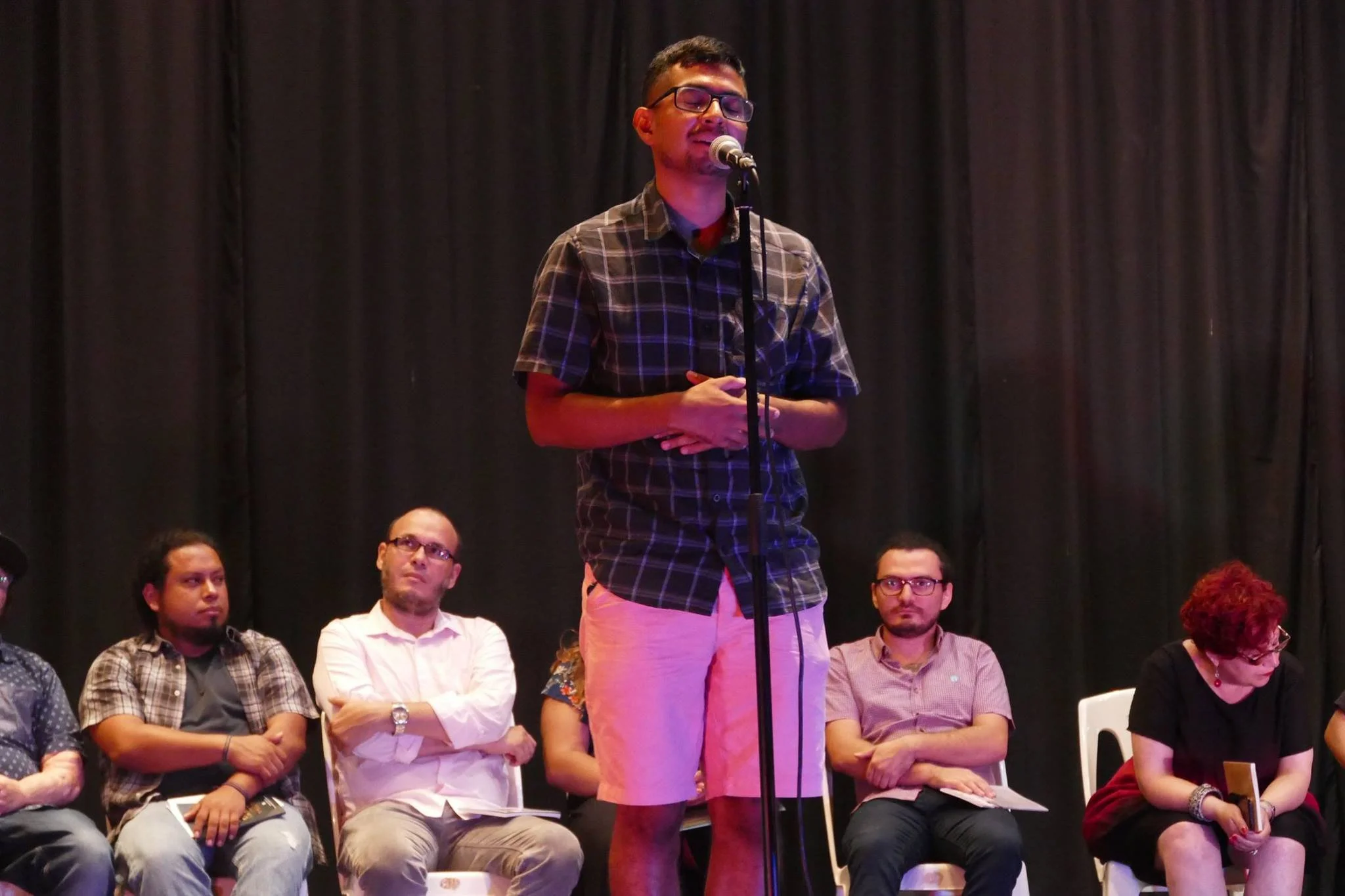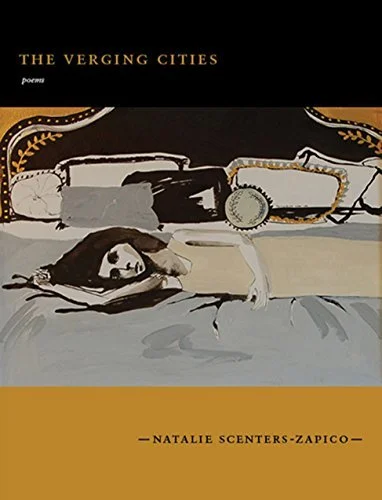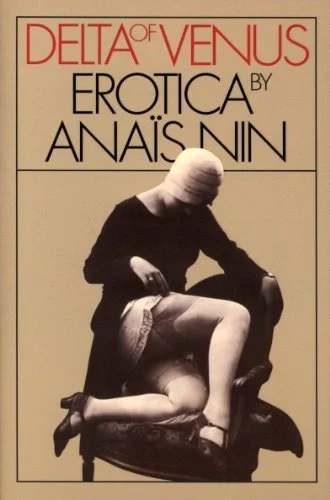I think everyone of all walks of life have the responsibility to minimize harm and maximize the health of all life with which we share this planet. This will inevitably involve politics for most people. I believe poetry can save lives, because I’ve witnessed it do so too many times. I believe poetry can create change, because I’ve literally sat in activist group meetings and asked people why they showed up and they referenced the poetry of Marcelo Hernandez Castillo, Natalie Scenters Zapico, Christopher Soto, and others. Who was it that said art should disturb the comfortable and comfort the disturbed? It’ll take a lot more than poetry to save us from our contemporary political crises, but without it, a number of wonderful people I know would no longer be with us.
The personal is political because QPOCs’ lives have been politicized to the point that nothing seems to belong to us anymore. Who I fuck is personal. Whether I feel more comfortable in a dress or in a tie is personal. My choice to love my undocumented friends, partners, and family is personal. My family’s experiences of war and migration are deeply personal. But each of these things is also politicized by people trying to do my communities harm; I doubt my communities would politicize these aspects of their experience if they did not have to. As writers, its our job to protect our narratives from being misread, and that means being aware of the ways they may be politicized. Right now, I’m at a point where carving out space for what is sacred to me and only me and my kin is my primary concern. Everything can be political and I am trying to be conscious about politicizing my stories only when it seems necessary to comfort and/or defend my communities. In my opinion, politicizing the personal becomes necessary far too often. I rather live in a world where what’s personal to me can stay that way.
You have a very accomplished background in slam poetry, performing nationally and internationally at National Poetry Slam, CUPSI, and V Festival Internacional de Poesia Amada Libertad in El Salvador. There are still misperceptions about slam in the academic and publishing side of poetry. Have you experienced any of that in going from doing slams to publishing on the page? Do you feel that there are adjustments that must be made when your piece goes from being read out loud, to being read on the page?
Slam is a whole can of worms, because its practice varies from scene to scene and oftentimes, it is equal parts an empowering training ground and workshop for writers of all experience levels, as it is a limiting, toxic, and impoverished way of looking at art. It’s a capitalist reduction to art as a competitive experience that can be reduced to numbers, and yet that competitive framework has allowed alternative, LGBTQ+, and BIPOC styles to flourish, especially because the publishing and academic industries are in many ways feudal and nepotistic. At its best, it’s a community of creatives who do not care for the results of the competition but use the medium to take risks and create experiences that strengthen the bonds of community.
The question and problem you posed, however, used to plague me during my undergraduate studies, but I mostly considerate myself past these concerns now. As a youth poet, I was insecure about the way my spoken word would be received in academia. I had a pretty toxic set of poetry mentors coming up with the exception of Jesse Parent, one of the slam veterans of SLC. Most of my challenges came from the fact my white mentors could not, despite their expertise, help me understand who I wanted and needed to become. I was a young Salvi without a proper understanding of my cultural heritage, my queerness, without an understanding of how growing up in a predominantly white Mormon society warped my views on gender, sexuality, and race. They didn’t understand POC spoken word traditions and used to shame me for drawing from hip-hop and Nuyorican traditions. The biggest challenge was learning how to negotiate the relationship between the stage and the page. Because I didn’t understand enjambments or form quite yet, some of my mentors would treat my spoken word techniques as an impediment, rather than a strength, rather than teaching me how to translate my sonics-driven poetry to the page. Of course, the stage and page are different, but when I was young, I would push back and claim they should be the same. I think I did that because I feared that if the stage and page were different than my mentors’ criticisms of spoken word poetry were valid; I definitely did that because many poets who have a disdain for spoken word also have no sense for sound and rhythm themselves.
But of course, there are opportunities on stage that don’t exist on the page and opportunities on the page that don’t exist on the stage. I think it all changed for me when I started thinking of so-called page poetry as visual art. I strive to make form match content match performance. I think the best poetry is a marriage of the three. I think there’s some jaw-dropping poems that can’t be translated from the stage to page and vice versa.
Can you speak to the way the religious or the biblical has had an impact on how you construct language?
I spent the first seventeen or so years of my life as a devout, practicing Mormon and the next four or so years transitioning away from the church. I first learned to close read and critically analyze texts by studying symbolism and narrative in scripture. Mormonism gave me the soulpain and the toolset that made me a poet. Scriptures once wracked me with guilt almost to the point of suicide. Prayer and scripture also saved me from darkness. I developed an unbridled, at times irreverent style of prayer inspired by D&C 50:12, which encourages people to speak to God as you would speak to anyone else. This approach worked for me, giving me experiences I still sometimes call revelation. My poems are oftentimes prayers, a way of crying out to God and listening to what echoes back. Sometimes my poems are prayers. Sometimes my poems are responses.
Your work often feels as though it communes across realms and through different time-periods. Who would you say your work speaks to most now and then, dead and alive?
I believe the spirits of our ancestors and descendants guard and inspire us as long as we honor them and honor ourselves. It is beautiful for me to think that my great grandmother, who once saved my mother from death and illness as a baby, is also fighting to save me. That my future son could be the one who pushes me beyond fear and submission. That I could have been with my mom during the war, at the border, etc. We’re all in this together. Wake the Others tries to unite the dead, the alive, and the not-yet-born. I want the next generation to have access to our family’s stories. I want my ancestors’ struggles preserved in the best words I can give them. Because we need each other. Because we will need each other again.








